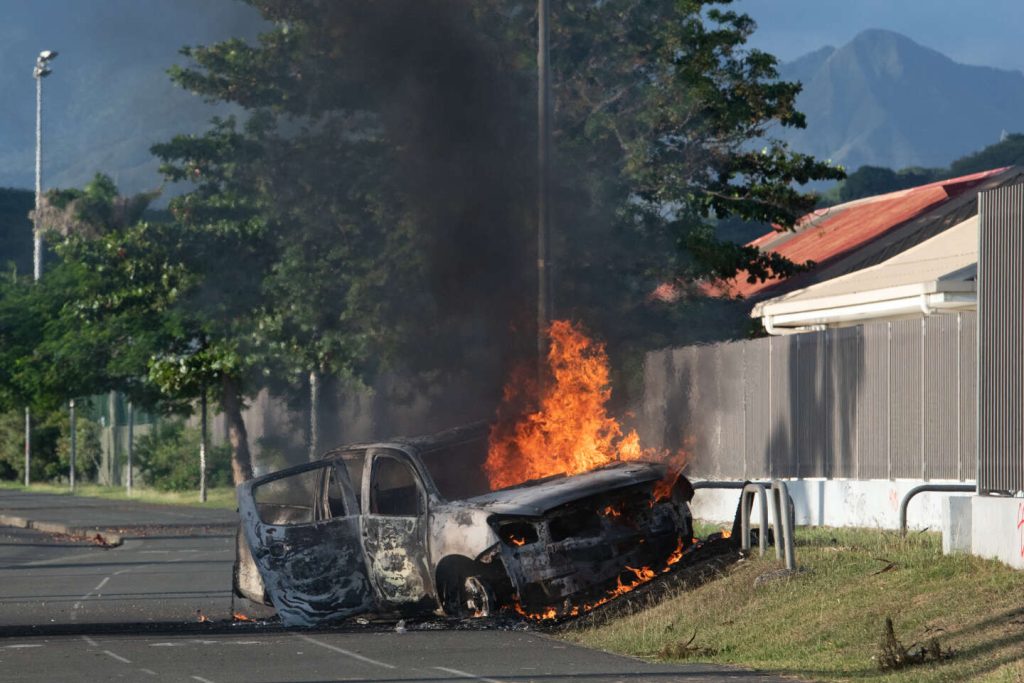Four decades after the near-civil war of the 1984-1988 period, New Caledonia is once again experiencing episodes of violence since May 13th. One of the main reasons for this popular anger is the same as that which sparked the violence in the 1980s: the definition of who has the right to vote to decide the future of New Caledonia. The Pacific archipelago, colonized by France in 1853, is torn between loyalists, mostly Europeans, and independence supporters, largely indigenous Kanak people. To ensure that individuals, predominantly European, who have arrived only a few months or years ago, cannot influence important decisions in the archipelago, a special electoral body was established for certain votes.
This video explores this particularity, endorsed by the historic Matignon Accords (1988) and the Noumea Accords (1998). It also explains the contours of the new constitutional reform, currently being discussed in Parliament and already adopted by the National Assembly on May 15th, which aims to modify the criteria. To learn more about the deteriorating dialogue between the French state, loyalists, and independence supporters, a narrative of the three years that have seen political consensus diminish in New Caledonia can be found in the article reserved for subscribers.
The videos in the “Understanding in Three Minutes” series, produced by the Vertical Videos department of Le Monde, aim to provide context for major events in a short format and make current events accessible to everyone. The recent unrest in New Caledonia is discussed in the video, focusing on the ongoing tensions related to the electoral system and political divisions in the archipelago. The historical background of New Caledonian politics, including the conflicts between loyalists and independence supporters, is also addressed.
The issue of who has the right to vote in deciding the future of New Caledonia remains a contentious point, with disagreements between loyalists and independence supporters continuing to fuel tensions. The historical context of colonization and decolonization in the Pacific archipelago adds complexity to the current political situation. The proposed constitutional reform, aimed at modifying the electoral criteria, has the potential to further exacerbate tensions between the different factions in New Caledonia.
As the violence escalates in New Caledonia, the need for dialogue and a peaceful resolution to the conflict becomes increasingly urgent. The recent clashes between loyalists and independence supporters highlight the deep-rooted divisions in New Caledonian society. The historical legacy of colonization and the struggle for independence continue to shape the political landscape of the archipelago, making it essential to address these issues through inclusive and constructive dialogue.
In conclusion, the recent violence in New Caledonia underscores the ongoing challenges faced by the archipelago in reconciling its diverse population and resolving historical grievances. The need for a fair and inclusive electoral system that reflects the interests of all communities in New Caledonia is crucial for achieving lasting peace and stability in the region. The international community must continue to support efforts to promote dialogue and reconciliation in New Caledonia to prevent further escalation of violence and ensure a peaceful resolution to the conflict.


